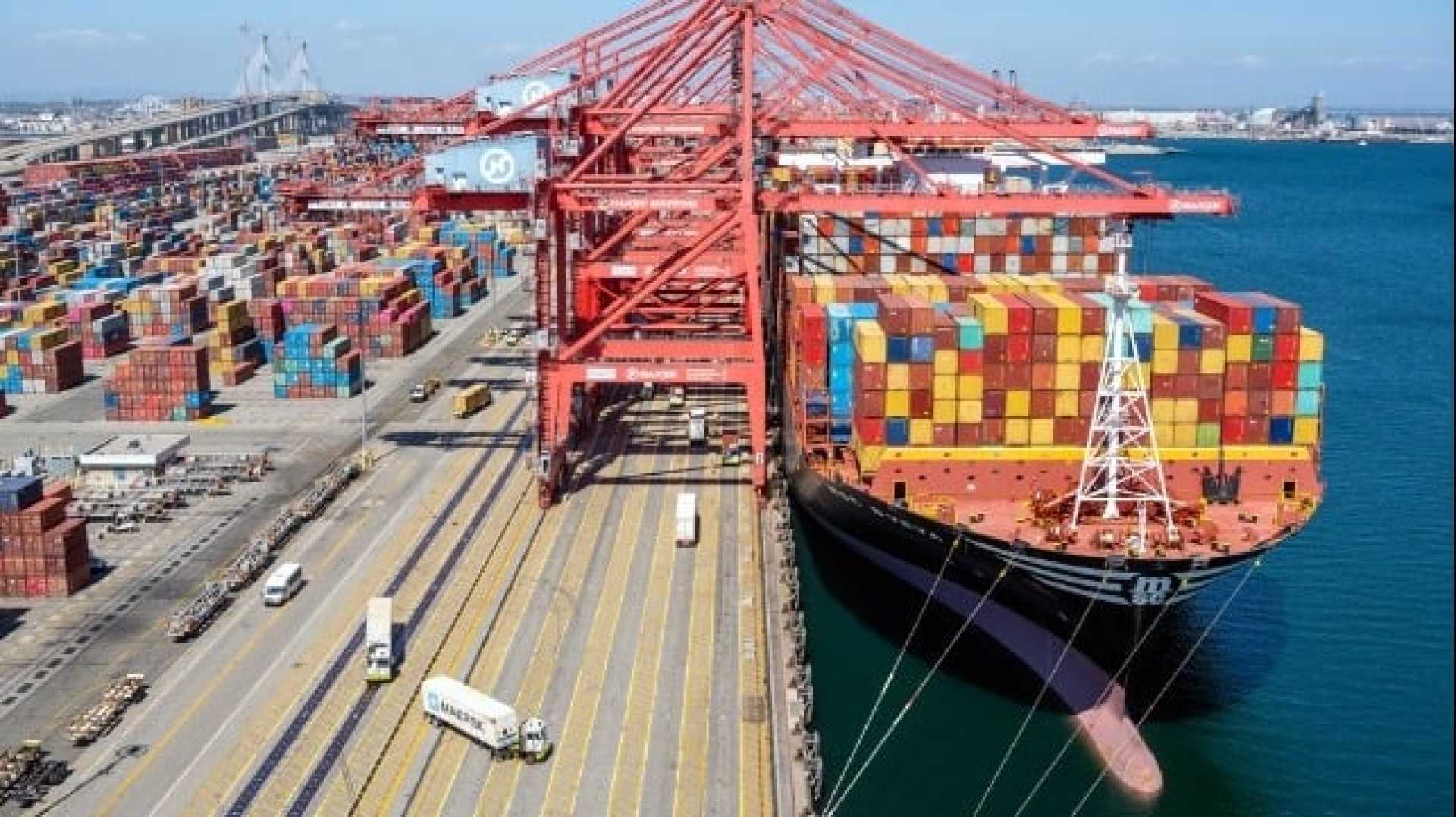Business
Consumers Face Rising Prices, Shortages Due to Tariffs on Chinese Imports

LOS ANGELES, California — American consumers are preparing for difficult decisions as tariffs imposed by President Donald Trump escalate the ongoing trade war with China. The new tariffs, which are set to impact a wide range of imported goods, are causing prices to spike while leading to shortages in stores.
According to Gene Seroka, executive director of the Port of Los Angeles, imports from China have dropped sharply. “This week, we’re down about 35% compared to the same time last year,” Seroka told CNN. The reduced cargo volume is primarily attributed to the tariffs implemented last month.
Seroka reported that the current drop in imports from China has exceeded 50%, leading many importers to cancel orders due to the steep costs of tariffs, which may more than double the price of many goods. The port expected 80 ships to arrive in May, but 20% of those have been canceled, with additional cancellations for June already recorded.
“Retailers and importers alike are telling me that the products now cost about two and a half times more than they did just last month,” Seroka added. This drastic increase in costs means that consumers will start experiencing higher prices soon, with some goods likely being in short supply.
Ryan Petersen, CEO of Flexport, pointed out that some retailers are storing products in China rather than importing them, as this option is more economical compared to paying tariffs. He stated, “A 60% decline in containers means 60% less stuff arriving,” signaling that inventory shortages will inevitably follow.
The National Retail Federation projects that overall imports into the United States could decline by at least 20% year-over-year, with JP Morgan estimating an even steeper drop of 75% to 80% for imports from China specifically.
As consumers continue to purchase goods that are currently available, Petersen warned, “If this goes on for a few more weeks, (retailers) will sell through that inventory and by the summertime, you’ll have shortages and empty shelves.”
While Seroka does not foresee completely empty shelves, he anticipates customers will encounter limited selections. “If you’re looking for a certain type of pants, you may find all kinds of pants, but not the type you want, and the type you want… are going to be priced up,” he explained.
The situation is compounded by a recent surge in the US trade deficit, which widened to a record $140.5 billion in March as businesses stockpiled goods before the tariffs took effect. Economists predict rising inflation and slowed economic growth as a result of these developments.
In the interim, last-minute shipments that were already in transit before the new tariff imposition could enter the country duty-free. However, analysts expect significant trade slowdowns in the near future as a result of the tariffs.












